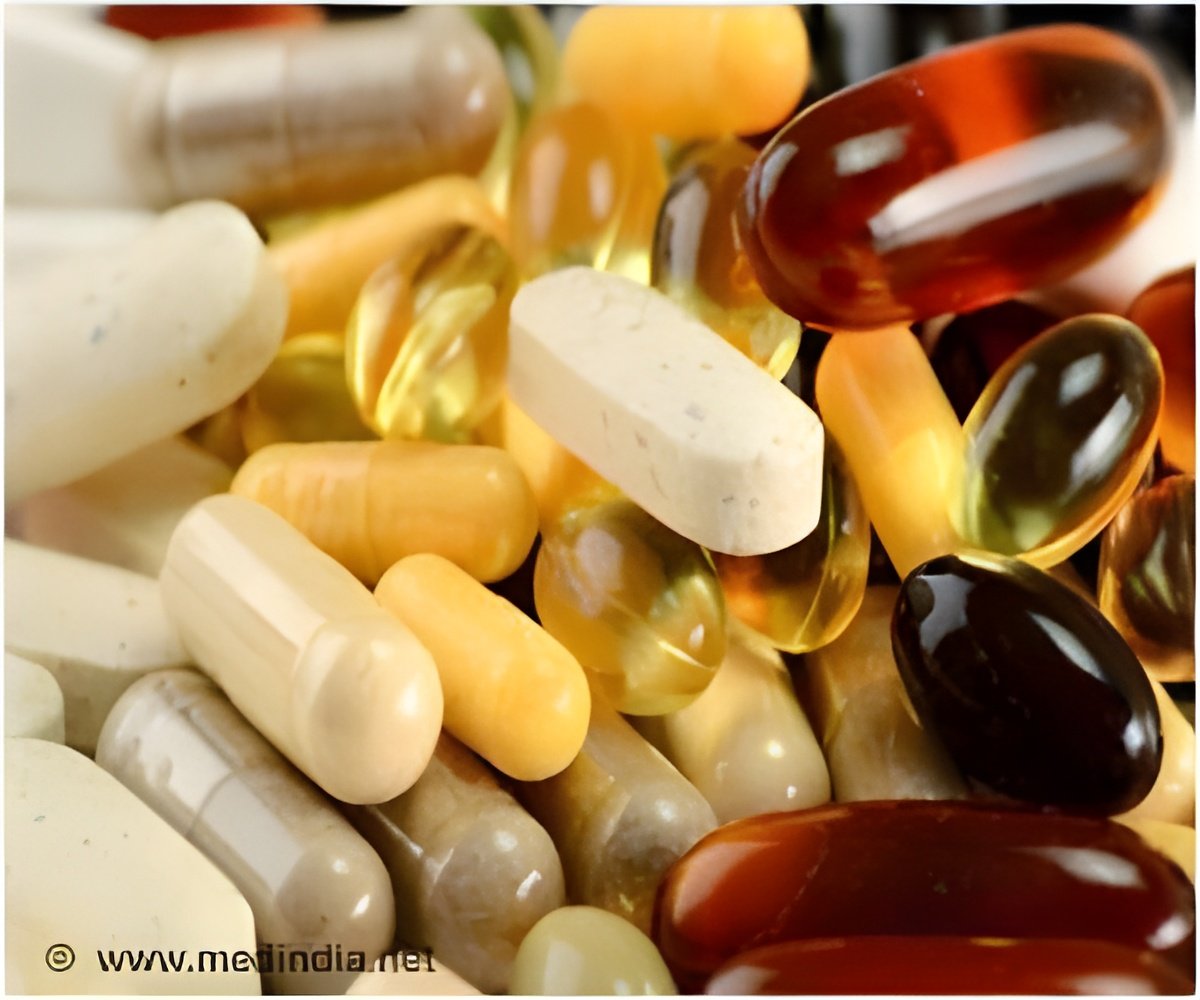Everyone should consider taking vitamin D supplements during the British autumn and winter because of the lack of adequate sunlight and to prevent its deficiency.

‘Vitamin D supplements are recommended to all in the U.K especially during winter months. Adults should consume 10 micrograms daily. Its deficiency can lead to a number of conditions including rickets in children and osteomalacia in adults, which cause bones to soften, weaken and in some cases become deformed.’





Dr Louis Levy, the head of nutrition science at Public Health England said, “A healthy balanced diet and short bursts of sunshine will mean most people get all the vitamin D they need in spring and summer.” But in autumn and winter due to the lack of adequate sunshine, people should consider taking supplements especially if they do not eat foods that contain vitamin D. PHE has advised adults to consume 10 micrograms daily. The current average intake of vitamin D from food is only about 3 micrograms, so when there is insufficient sunlight to top it up, people become deficient. Babies under one who are exclusively or partially breastfed should be given a supplement containing 8.5 to 10 micrograms of vitamin D per day. Babies who are formula fed and drink at least 500ml of formula a day are already getting enough vitamin D from the mixture. Children aged one to five should receive a daily supplement containing 10 micrograms of vitamin D.
The human body makes most of its vitamin D from direct sunlight on the skin, but a small amount also comes from foods, including oily fish such as salmon, eggs and fortified cereals and spreads. The vitamin is also found naturally in red meat, liver and egg yolks. Some of the best sources are eggs (one whole poached egg contains 1.025mcg of vitamin D) and fish (one 112g fillet of mackerel contains 18mcg, an 85g fillet of cooked salmon cooked contains 11.2mcg and 85g of tinned, drained salmon contains 12.3mcg).
The new recommendations are based on advice from the Scientific Advisory Committee on Nutrition (SACN), which was asked to review the evidence by the Department of Health. The recommendations refer to an average intake over a period of time, such as a week, and take account of day-to-day variations in vitamin D intake. The cost of vitamin D tablets at the correct dose of 10 micrograms is £1.09 for a 90 day supply.
Vitamin D is essential for the absorption of calcium, which is vital to maintaining healthy bones and teeth. A deficiency can lead to a number of conditions including rickets in children and osteomalacia in adults, which cause bones to soften, weaken and in some cases become deformed. Other diseases such as diabetes and cancer have also been linked with low vitamin D, but the evidence has yet to be confirmed.
Advertisement
Prof Hilary Power, of Sheffield University’s Department for Oncology and Metabolism, who chaired the SCAN review, said if everyone followed the recommendations it could have a huge impact on public health. It would reduce the risk of bone disease. Prof Power added, “The government now needs to look at the evidence and recommendations in the report and consider a strategy to help people in the UK increase their vitamin D intake.” National Health Service, England says vitamin D supplements are available free of charge for low-income families, through the Healthy Start scheme.
Advertisement















